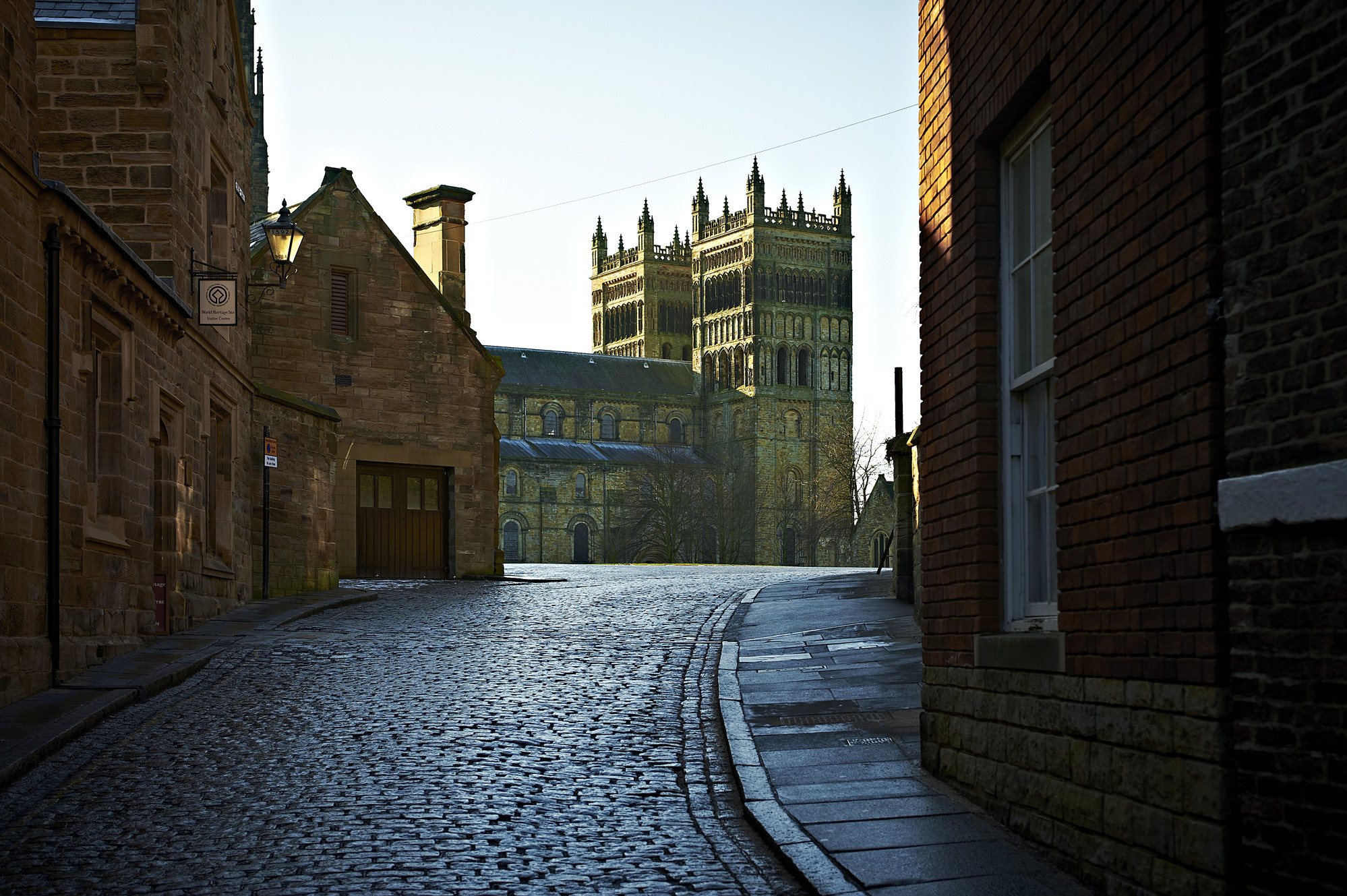Times Higher Education Impact Rankings
/prod01/prodbucket01/media/durham-university/about-us/environmental-social-and-economic-sustainability/Environment-Banner.png)
World top 40 for sustainability
The Times Higher Education Impact Rankings assess universities on delivery of the United Nations’ Sustainable Development Goals (SDGs) and are among the most prestigious global university rankings.
In the THE Impact Rankings 2025, we’re ranked 34th – our highest ever ranking, our third consecutive improvement, and the biggest year-on-year improvement of any UK university. We ranked fifth in the world for SDG15: Life on Land; sixth for SDG16: Peace, Justice and Strong Institutions; and joint 17th for SDG13: Climate Action. In addition, we were placed 31st for SDG11: Sustainable Cities and Communities; and 36th for SDG6: Clean Water and Sanitation.
We’re always developing new ways of thinking to shape a better future for our planet. Our research strengths in energy span all four of our faculties and sustainability is embedded across our teaching and learning.
We’re making great strides in reducing our own carbon footprint and have ambitious targets to achieve net zero carbon by 2035 and a biodiversity net gain by 2032.
-6000x1725.jpg)

Student Blog: Why I chose to study an MA in Environmental Humanities
In this blog, Environmental Humanities student Lucy writes about her experience as a master's student at Durham and why she chose this field of study.
Explore Durham
Find out more
We are committed to taking action on the major Environment, Social and Governance challenges facing the world today, pursuing research to shape a better future and helping our students become tomorrow's world-changers. Find out more about how we're contributing to environmental, social and economic sustainability below.
Discover our Botanic Garden
Join our Greenspace Movement
Why 1.5 degrees warming is still too high
Professor Chris Stokes, from our Department of Geography, explains why the 1.5 degrees Celsius warming cap of the Paris Climate Agreement is still too much for polar ice sheets and sea level rise.
Latest News
Find out more about how we're leading on revolutionary research, offering inspiration and reaching new heights.



/prod01/prodbucket01/media/durham-university/campaign-sites/the-impact-rankings/89937.jpg)
/prod01/prodbucket01/media/durham-university/campaign-sites/the-impact-rankings/88982.jpg)
